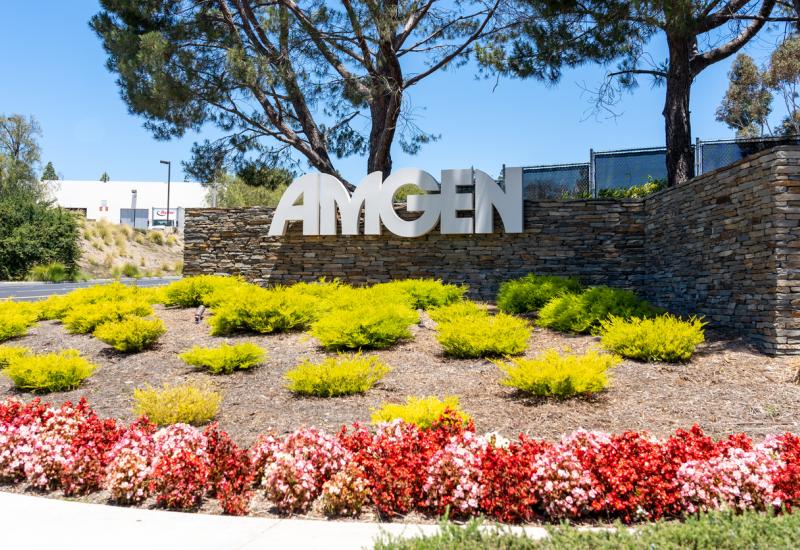
Merck joins the TIGIT pivotal failure club
Keyvibe-010 fails, but not for the reason you might have expected.
Keyvibe-010 fails, but not for the reason you might have expected.

Merck & Co’s vibostolimab has been a bit of an unknown quantity in the anti-TIGIT MAb arena, but this changed today with the failure of its phase 3 Keyvibe-010 study in adjuvant melanoma.
Vibostolimab already had one failure under its belt, but that was Keyvibe-002, a phase 2 study in the not especially relevant third-line NSCLC setting. Not only is Keyvibe-010 its first pivotal setback, the reason this trial has drawn a blank – patient discontinuations due to immune system-mediated adverse events – might raise fresh questions about Merck’s entire TIGIT programme.
So far the biggest question about targeting TIGIT is whether the mechanism adds efficacy on top of PD-(L)1 blockade alone, and most studies, with the notable exception of the Morpheus-liver trial of Roche’s tiragolumab, suggested that the answer was no. Keyvibe-010 raises the spectre of toxicity as an added worry for this heavily backed approach.
There is so far no detail available on the specific toxicities in Keyvibe-010, which co-formulated Keytruda with vibostolimab, and compared this against Keytruda alone in adjuvant stage IIB-IV melanoma – an approved setting for the Merck PD-1 drug.
Interim futility
But Merck said the study failed for futility at interim analysis, which showed more discontinuations due to toxicity in the active versus the control cohort. This, it said, made it highly unlikely for Keyvibe-010 to meet its primary endpoint of recurrence-free survival, and based on the data-monitoring committee’s recommendation Keyvibe-010 was being stopped, and all patients being offered Keytruda monotherapy.
So far the only other toxicity signal for TIGIT blockade has come from BeiGene’s ociperlimab, which showed a 50% rate of adverse events graded “serious” in the Advantig-105 gastric adenocarcinoma trial. Novartis subsequently pulled out of a licensing deal covering ociperlimab.
In addition to the vibostolimab and tiragolumab studies below, OncologyPipeline identified 14 other pivotal trials testing TIGIT blockade, including those of Arcus/Gilead's domvanalimab and AstraZeneca's bispecific MAb rilvegostomig.
A phase 3 comparison in TIGIT blockade
| Setting | Vibostolimab (Merck & Co) | Tiragolumab (Roche) | ||
|---|---|---|---|---|
| Adjuvant stage II-IV melanoma | Keyvibe-010 | Failed for futility at interim, high tox-related discontinuation rate | (None) | |
| 1L NSCLC | Keyvibe-003* | Data possible late 2024 | Skyscraper-01** | Failed for PFS; final OS data due H2 2024 |
| 1L SCLC (chemo triplet) | Keyvibe-008 | Ends May 2025 | Skyscraper-02 | Failed for PFS & OS |
| 1L NSCLC (chemo triplet) | Keyvibe-007 | Ends Nov 2025 | Skyscraper-06^ | Ends May 2027 |
| 1L stage III NSCLC | Keyvibe-006 | Ends Sep 2027 | Skyscraper-03 | Ends Oct 2024 |
| 1L oesophageal cancer | (None) | Skyscraper-07 | Ends Sep 2025 | |
| 1L liver cancer | (None) | Skyscraper-14 | Ends Sep 2026 | |
| Adj PD-L1+ve stage IIB-IIIB NSCLC | (None) | Skyscraper-15 | Ends Mar 2031 | |
Notes: *PD-L1≥1%; **PD-L1≥50%; ^non-squamous histology. Source: OncologyPipeline.
Because Merck has launched a pivotal vibostolimab programme to rival that of Roche’s tiragolumab, investors will want to know what the Keyvibe-010 failure portends for its remaining studies. Clearly a new toxicity signal, in addition to existing doubts about TIGIT in general, won’t instil confidence.
Two other vibostolimab trials are already on shaky ground. In Keyvibe-006 Merck is pitting vibostolimab plus Keytruda and chemoradiotherapy (CRT) against AstraZeneca’s Imfinzi plus CRT in stage III NSCLC, and the optics of Bristol Myers Squibb’s failure in Checkmate-73L on Friday, not to mention Astra’s own Pacific-2 setback for Imfinzi plus CRT versus CRT, aren’t great.
Meanwhile, Keyvibe-008, in first-line SCLC, seems doomed after the failure of Roche’s Skyscraper-02; in short, Merck is trying to show that TIGIT, a mechanism Skyscraper-02 showed not to work in SCLC, added to Keytruda, a drug whose Keynote-604 study in SCLC failed, can beat Tecentriq, which has become a SCLC standard of care.
The most keenly awaited vibostolimab readout remains Keyvibe-003, in PD-L1-expressing first-line NSCLC. This might come late this year, and coincide with final OS data from tiragolumab’s corresponding Skyscraper-01 trial; the latter has been extensively delayed, but its odds of success appeared to improve when leaked interim OS data showed a positive trend.
Also due this year, according to iTeos, are the results of the phase 2 Galaxies Lung-201 combining GSK/iTeos’s belrestotug and Jemperli in first-line NSCLC; this has apparently met predefined efficacy criteria, but the meaningfulness will only be determined by full data, and by GSK’s decision on whether to proceed to phase 3.
3056













